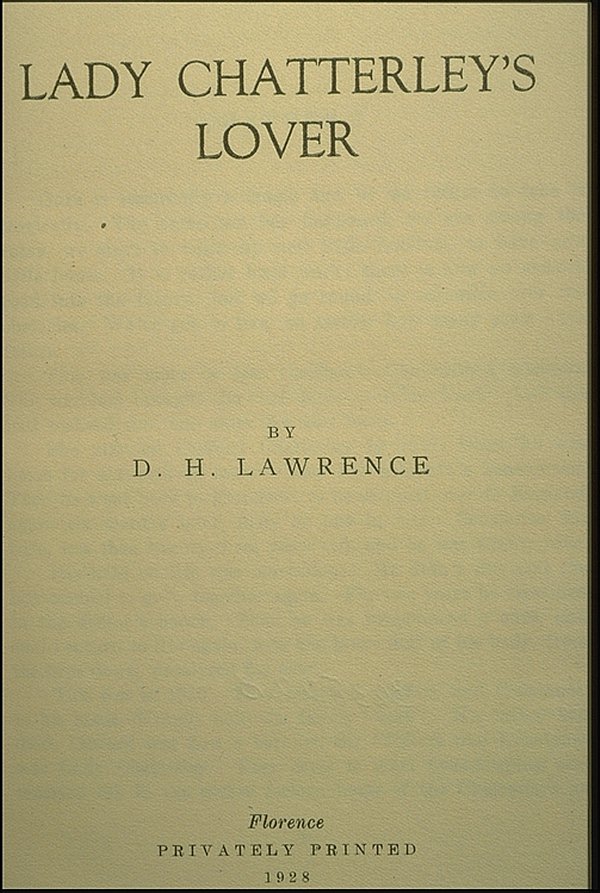The most obvious reason supporting access to books comes the the Bill of Rights. The First Amendment guarantees NO action from the government can abridge the freedom of speech or of the press. As we have seen with the advent of the Internet and the Arab Spring: information liberates people. The framers of our Constitution wanted to make it abundantly clear that the role of government in the United States is to assure access to information, not prohibit access.
Teachers (and I would hope, parents) certainly have the role of encouraging critical thinking from our students. One way to assure critical thinking is going on is to challenge the assumptions students bring with them to the classroom. Sometimes, this challenge emerges from reading controversial material. The Handmaid's Tale certainly requires students to critically think about many issues:
- What is the role of women in a post-women's movement world?
- What is the relationship between men and women?
- What is the role of religion?
- How does religion shape our values about one another and about ourselves?
Another reason for allowing access to information is simple: try to hide it and teenagers, specifically, and others, in general, will want this "prohibited" information even more. I bought a privately published edition of D. H. Lawrence's controversial novel, Lady Chatterley's Lover, many years ago. The reason it was "privately" published was that the novel was considered "obscene" by some American perspectives in the 1920s. Yet the book still made its way to our shores and subsequent court decisions upheld the legitimacy of this work. The bottom line: tighter the attempt to control ideas, the more ideas get out into the world!
On the other hand, there are reason for curtailing access or "free speech."
Consider, for example, the Supreme Court's actions many, many years ago that a person cannot stand up in a theater and shout "FIRE!" The curtailment of "speech" seemed reasonable to the Court simply because of the potential injury of those who panic. Ordinances have supported this decision across the land and we, by and large, live with this source of constraint on our speech.
Lastly, one possible reason for limiting access to information can be the standard established by the Supreme Court many years ago: that standard is defined by what is acceptable within the community. Certainly, in large urban areas around the country, there are more things young people are exposed to simply walking the streets in contract to your people in more rural areas. As parents and as a community, we have values that I believe we wish to uphold. Thus the way to assure the values are perpetuated from one generation to the next is linked to what I allow my children to see or to read or to listen to.
Here is a case in point: an art faculty member took off points from a student's description of a religious painting because as the student described the work (a work which features Jesus as a significant element in the painting), the student would capitalize "His" (e.g. "to His left is the disciple. . . ."). The faculty member's goal is to show how the "real world" picks on issues--such as capitalization--and rejects those pieces of writing. The student, on the other, working from her religious conviction, believed she had an obligation to capitalize "His" since it refers to Jesus, the Son of God--and religious names are always capitalized.
Ultimately, the Guildford County School Board's action was to do nothing. The article reports that the board "did not challenge or change how the book got on the list." The interesting aspect for me--both as an educator and as a parent--is where we are, here in the 21st century, still wrestling with competing values: embracing and celebrating the freedoms we hold and assuring the our personal values are carried forth through our children and grandchildren.
Nivens, David. "Board Debates Book List." The High Point Enterprise. 12 Sept. 2012, 1f.



